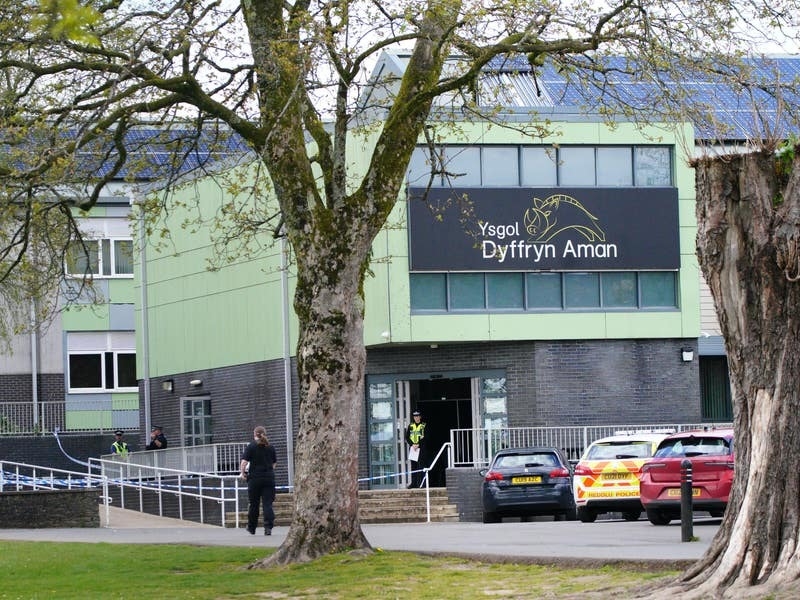By Alex Pearce
Our food supply is vulnerable – more than ever. Production and delivery chains struggle to recover in a post-Covid world, the ramifications of Brexit are still growing, the climate crisis, and now, the war in Ukraine, all have an effect on the supply. Due to that war, an estimated 20-25 million tons of wheat were, until a fragile, UN-backed, deal between Russia and Ukraine was agreed, stuck in Ukraine, unable to be exported worldwide. Not only does this reduce the amount of food available, further down the line it increases prices of products on our shelves. Islanders are well aware of the increasing cost of living, something affecting even staples such as beans and bread.
I’m writing this from the autonomous region of North and East Syria (NES) where, like Jersey, the food supply is vulnerable to factors out of their control. Here, the autonomous administration relies on the neighbouring Kurdistan Region of Iraq (KRI) to allow trade to flow across the river Tigris (this was interrupted for two months earlier this year when KRI closed the border unilaterally due to a protest on the Syrian side), Turkey to the north allowing enough water through their dams down the Euphrates, and of course the climate, which is becoming more unstable each year (yearly temperatures range from -10°C to the high 40s, and drought and huge dust storms are increasingly frequent).
In the Jazira region, in the far north-east of Syria, the land of the Fertile Crescent where agriculture was first developed, arable farmers are struggling. Over the past few years Turkey has drastically reduced the flow of water from an agreed 500m3 per second to less than 125m3, sometimes cutting off supply completely for weeks at a time. After decades of forced mono-cropping of wheat imposed by the Syrian regime, it is difficult to grow a diversity of crops in the once fertile soil. I visited Rojava University in the city of Qamishlo where I met professors and students who are developing organic fertilisers and pesticides to reduce the impact of farming on biodiversity. Dr Muneer, from the agriculture faculty, said: ‘We are also designing poly-tunnels that can be made with the limited materials that are available here and would extend the growing season for different vegetables.’
There is a real will here to reduce the region’s reliance on food imports and hence increase their self-sufficiency, but facing trade embargoes, water shortages and recent threats of further military invasion by Turkey, the outlook is not a positive one. For context, the authoritarian Turkish government despises the autonomous Kurdish-led project on its doorstep as any success here could mean the same democratic, gender-equal uprising occurring within its own borders.
Contrast the situation in NES with our island where we, for now, have fertile top soil, reliable water supply and fairly predictable weather patterns – yet we import most of what we eat, and export most of what we produce. In Jersey, it could be a storm that delays and cancels boats, too much or too little rain affecting a growing season, or simply a shortage meaning that goods simply don’t make it to the Island. The largest local grower of vegetables, Woodside Farms, ceased production as it was no longer financially viable, and even more thought is being poured into growing medicinal cannabis in our fields instead.
No doubt that this would be a lucrative income stream for some, and increased tax revenue for the government, but it would only increase our dependence on others for the basics of our subsistence. Perhaps with this change of government we will see the importance of food security reassessed and more support given to local growers.
We need to have an honest discussion on how we want to shape our future – farming for profit or our means of survival?
-
Alex Pearce grew up and was educated in Jersey before attending university in Bristol to study audio technology. He came back to the Island in 2019 and began working for a local renewable energy company before volunteering to travel to the Autonomous region of North and East Syria to do media work and learn about a society rebuilt from the bottom up to meet the needs of the population.






